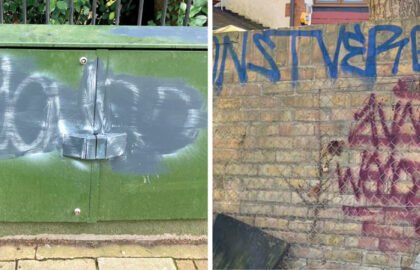The death of a loved one is something most of us will experience at some point in our lives, so it is important to understand your duties as an executor of a will, says Hollie Skipper of local solicitors Wiseman Lee
If you have been named as an executor in a will, there will be many practicalities that need to be dealt with which fall to you. At such an emotional time, you may be unsure of what needs to be done.
It’s a common misconception that you cannot act as an executor if you are a beneficiary of the will. In fact, an executor is very often a spouse, child or other family member who will inherit from the will.
As executor, your role is to deal with the assets of the person who has died. The assets often include a house, bank accounts, investments and belongings. The assets are collectively known as the Estate. Once you have obtained the Grant of Probate and the assets of the Estate have been collected in, it will fall to you to distribute the Estate in accordance with the terms of the will and ensure that each beneficiary receives their inheritance.
As executor, the first thing for you to do will likely be to register the death and obtain copies of the death certificate. It is important to request several official copies as photocopies will not be accepted by many of the organisations you will need to notify. When registering the death, the registrar will provide you with a reference number so you can use the ‘Tell Us Once Service’. This is an online service that notifies most government organisations of the death in one go and is a very useful tool. You will, of course, still need to contact banks, building societies, insurance and pension providers separately.
If you have not already done so, you will need to obtain a copy of the will and consider whether or not you need to apply for a Grant of Probate to legally allow you to deal with the assets of the Estate. If no will has been left, referred to as ‘dying intestate’, you will need to apply for ‘Letters of Administration’ to legally deal with the assets. If everything was jointly owned or there is no property involved and assets are below a certain value, probate may not be required. If you think you may need to apply for probate, it is best to seek legal advice to ensure the process is carried out properly.
Applying for Grant of Probate or Letters of Administration involves valuing the assets, paying any inheritance tax due, closing bank accounts, selling property, liquidating investments, settling any debts from the proceeds of the estate, accounting to beneficiaries and finally settling their legacies.
Sometimes, people are reluctant to take on the role of executor. Hopefully, the person making the will would have taken time to discuss the matter with you first. You may refuse to act by signing a Deed of Renunciation. If other executors are named, they will be able to continue without you. Alternatively, you can appoint a solicitor to deal with the administration of the Estate on your behalf.




